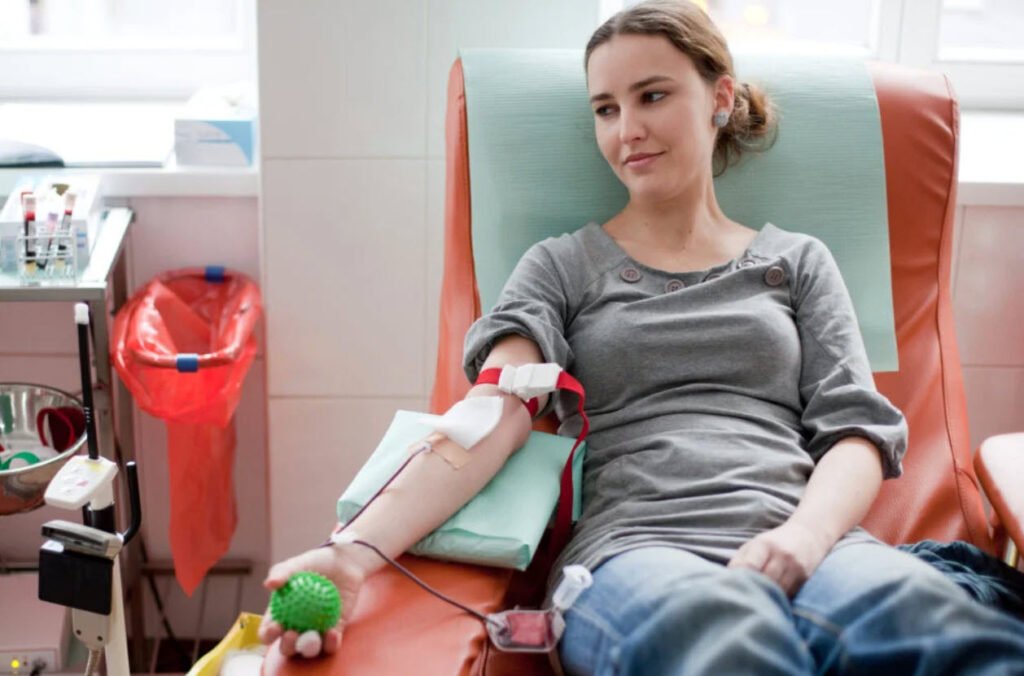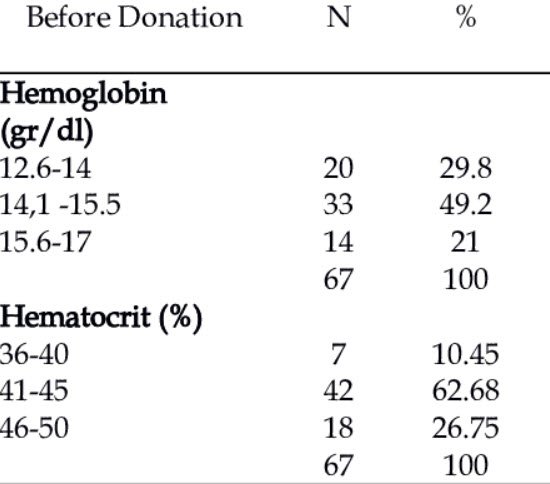
Blood donation is a noble act that helps save countless lives. Donating blood is a straightforward process, but certain criteria must be met to ensure both the donor’s and the recipient’s safety. Understanding who can donate blood and the eligibility requirements is crucial for maintaining a safe and efficient blood donation process.
Age and Consent
To be eligible to donate blood, individuals must fall within a specific age range. The typical age range for blood donation is between 18 and 65 years. This range ensures that the donor is of legal age and can give informed consent for the donation. Minors below 18 years are legally unable to provide consent for blood donation.
Weight Requirement
A minimum weight of 50 kg or 110 lbs is necessary for individuals to safely donate blood. This weight requirement is in place to ensure that the donor has sufficient blood volume, which is determined by their height and weight. Inadequate weight can lead to trauma or other complications following the blood donation.
Health Status
Prospective blood donors must be in good health at the time of donation. Donors should not have a cold, flu, infection, sore throat, or be on antibiotic medication for an ongoing infection. If someone is taking preventive antibiotics for acne or a skin problem, they should consult with a dermatologist before considering blood donation.
Hemoglobin Levels
For successful blood donation, it’s essential that the donor’s hemoglobin levels meet specific criteria. Women must have a hemoglobin level of 12.5 g/dL, while men should have a hemoglobin level of at least 13.0 g/dL. Adequate hemoglobin levels ensure that the donor can afford to lose a small amount of blood without any adverse health effects.

Medical Conditions
Certain medical conditions disqualify individuals from donating blood. Donors with signs of liver inflammation, hepatitis, unexplained jaundice, or active tuberculosis are not eligible to donate blood. Moreover, individuals who have recently given birth or conceived within the last six months are also temporarily ineligible for blood donation.
COVID-19 Vaccination
In the context of the COVID-19 pandemic, specific guidelines apply to blood donation eligibility. If an individual has been vaccinated with an inactivated, non-replicating, or RNA-based COVID-19 vaccine, they are eligible to donate blood. However, if they’ve received a live attenuated COVID-19 vaccine, they should wait for a minimum of two weeks before donating blood.
Pulse Rate
The pulse rate of a prospective donor is another crucial aspect of their eligibility. To be considered eligible for blood donation, a person’s pulse rate should not exceed 100 beats per minute and should not be less than 50 beats per minute.
Understanding and adhering to these eligibility criteria ensures a safe and effective blood donation process. By meeting these requirements, individuals can contribute to saving lives through the generous act of blood donation.
Remember, donating blood is a selfless act that can make a significant difference in someone’s life. Always consult with healthcare professionals or blood donation centers if you have any questions or concerns about your eligibility to donate blood.
You may also like:- 10 Golden Rules of Dieting You Need To Know
- Top 7 Essential Rules to Help You Determine Your Weight Loss Journey
- 8 Easy Ways to Relieve Stress
- Ayurveda Treatment for Heart Health – An Ancient Healing Science
- Six Proper Ways to Exercise on Home Gyms
- 8 Ways to Lose Weight Fast
- 6 Powerful Tips for Better Sleep
- 12 Ways to Be Healthier – A Comprehensive Guide
- 9 Simple Tips to Keeping Fit
- 10 Tips for Preventing Headaches








